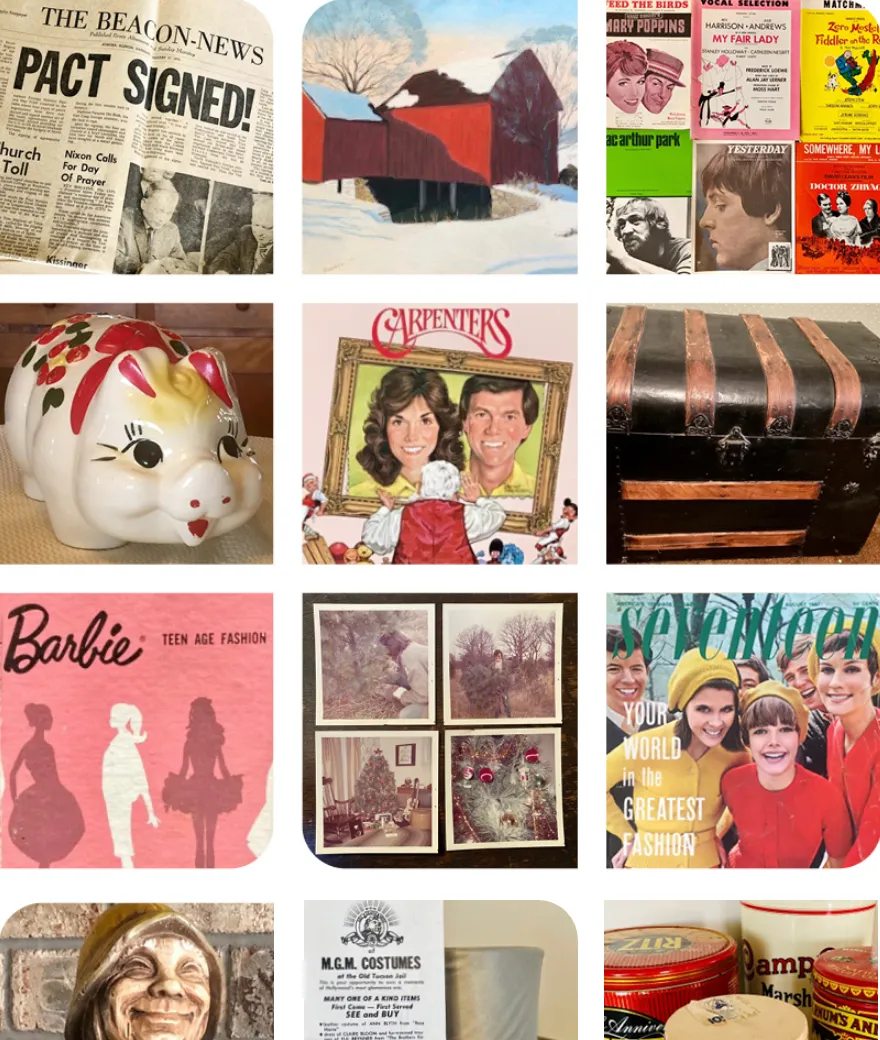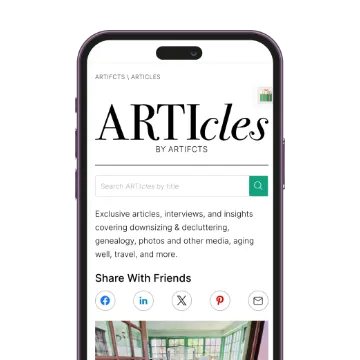Love family history? Love bonding over family lore, stories, and other funny quips, quotes, and oh-so memorable moments? You’re in good company with us here at Artifcts!
What we’ve discovered over the past two years is that family history may sometimes be fickler than we think. It’s easy to lull ourselves into believing that Grandma’s always going to be here to make her famous biscuits. Grandpa’s always going to be here to tell us the story of his steel pennies. But we know this is not true.
Although we have yet to find a way to stop (or even stall!) time, we have discovered we can capture those moments, stories, and histories straight from the source. Thousands of photos and documents locked in your hard drive, or difficult or expensive software, will not do justice to your family history. You know the dots you want to connect, so start connecting them where you can easily share them with others with more permanence than memories alone allow!
We’ve put together tips to make sure your family history will be remembered.
- No need to reinvent the wheel. Use the photos and videos you already have and attach the documentation that is already lurking in your digital or physical file cabinets. Founder’s tip: Add a link to digital files in the ‘Location’ field if you have a digital folder with other related items.
- Sharing is caring. Remember to share privately or publicly with your family (cousins included!) or other interested parties. Create a circle, invite your family into it, and you can all swap Artifcts like a big group chat!
- Ask others to contribute. If you don’t know all the details, ask other family members (who have paid Artifcts memberships) to help fill in the blanks by giving them 'Edit’ access when you share. Our co-founder Heather recently asked her aunts for help in trying to track down the details of this old photo.
- Families love using (name) tags. Tag your Artifcts with a family last name, first name, or initials to capture pieces of family history that are easily searchable, findable, and shareable. Got a big family? Encourage others to use the same tags, such as #GrandmaDot or #NickersonFamily2023, to build the family's Artifcts collection.
- Include citation links. Are you the family keeper or the family genealogist? Include citation links to your research or even family tree details in the ‘Description;' as you would elsewhere, leave out details of living family members if you intend to broadly share or make the Artifct public.
Ready for More?
Curious how others are Artifcting their family histories?
Check out our Family History Month Your Way piece for additional tips and tricks, along with our Gift Your Loved Ones a Why for an important reminder of why all that history is so important.
If you especially love history and want to see some unique Artifcts, check out the Nickerson Family Association’s Artifcts collection. They’ve Artifcted pieces of their family history from the 1660s! You never know what you’ll discover.
Happy (Family History) Artifcting!
###
© 2023 Artifcts, Inc. All Rights Reserved.













